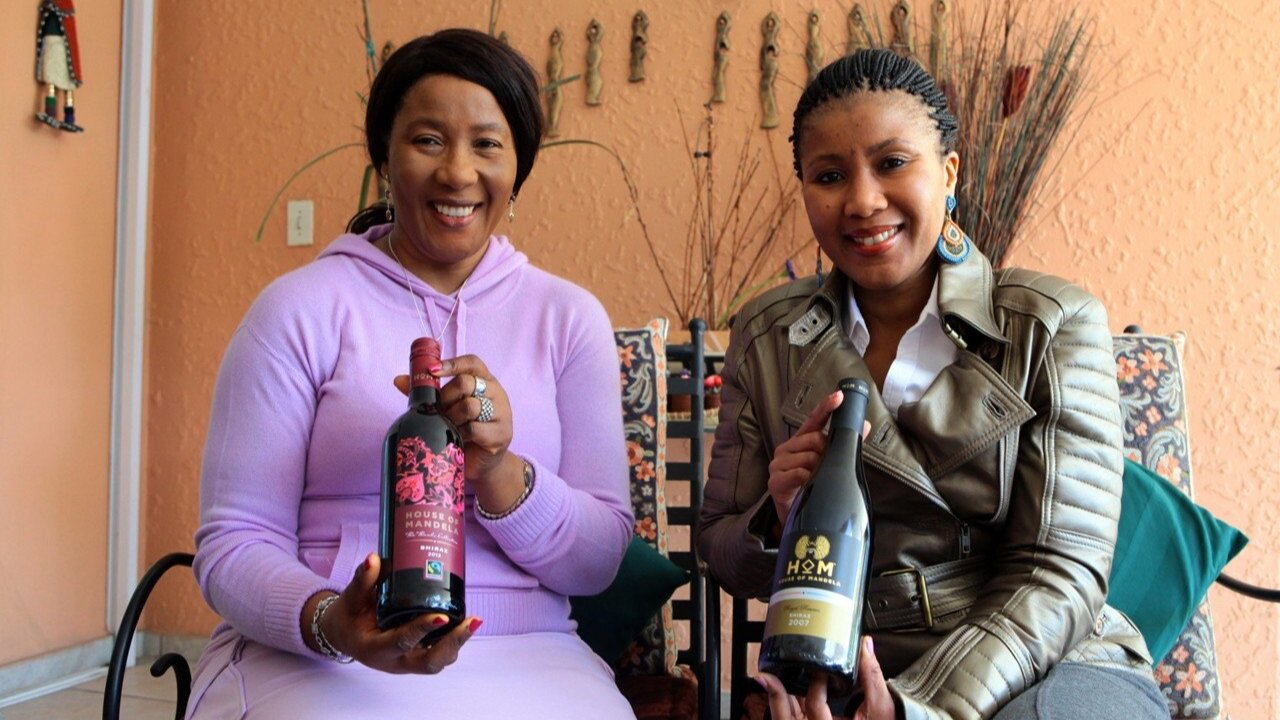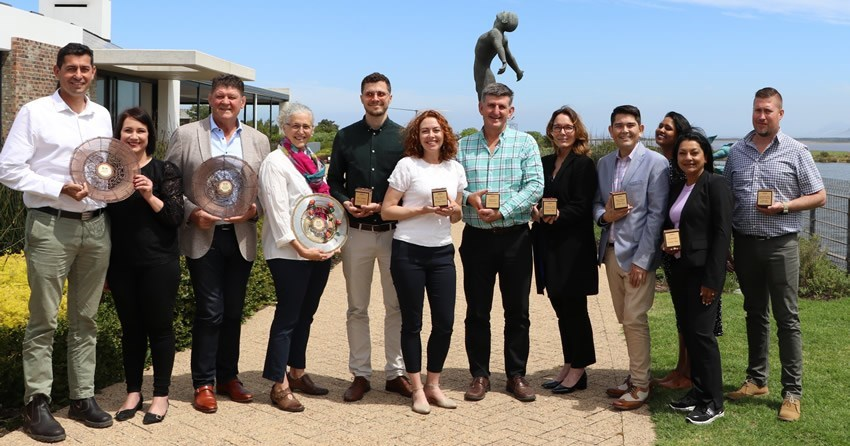It’s one of the biggest growth markets in the world for wine, and we’re getting it completely wrong.
That was the title of an article I wrote in this column two and a half years ago about the potential of wine in the African marketplace. Is that statement still true today? Is Africa still one of the biggest growth markets for wine, and are wine companies still getting outreach to African consumers all wrong?
Given recent developments, most notably the impact of the global pandemic and South Africa’s repeated bans on the sale of alcohol, it’s time for a reassessment.
In the previous article in July 2018, three fundamental bases for envisioning outreach to African consumers were defining target markets (especially considering currency availability and the volatility of purchasing power), overcoming the assumption of poverty, and assessing the potential of a rising middle class whose ages range from 22 to 45. Today, three critical considerations are the threats to the South African wine industry caused by COVID-influenced government bans on the sale of alcohol, in terms of both production and consumption; the undeniable impact of celebrity-backed brands; and heightened awareness around marketing strategies that work within this market

COVID-Era Trouble in South Africa
Recent research indicates that South Africa currently accounts for nearly 60 percent of Africa’s wine consumption, followed by Nigeria at 17 percent, then the Ivory Coast, Ghana and Morocco all at roughly seven percent.
With the South African government’s repeated bans against the sale of alcohol during COVID, wine production is expected to diminish as the number of in-country wineries also continues to shrink as a result in part of the economic stress that the regulations impart. There would also be a concurrent reduction of wine consumption more generally.
South Africa is a buzzing and vibrant country, youthful and full of energy,” said Akintola Temitope Obafemi, founder of Lagos-based Going Global Consultancy. “Almost every important company with an eye in Africa has its African office situated in South Africa and thus the hospitality and entertainment industry thrives. If the alcohol ban extends, it would take a massive toll not only on jobs within [the wine industry]
The Power of Celebrity-Backed Brands
Obafemi is keenly aware of the influence that celebrity endorsements and celebrity-owned brands exert on wine consumers in Africa. He says that Luc Belaire wines, as an example, have turned the tables in many African markets thanks in large part to the endorsement in 2013 of rapper Rick Ross.
Another example is Armand de Brignac (Ace of Spades), which was “adopted by Jay-Z as a result of the fall out with Cristal Champagne is a prime example,” Obafemi said. “Before Jay-Z’s endorsement, the wine was barely known internationally, famous in France, but not in many other international market. The current price of a bottle of this wine is €277 ($300).”
Obafemi also references Fantinel as jumping “ahead of the pack” of Italian wines by partnering with Mary J. Blige’s Sun Goddess brand. “I’d expect more wine companies (old world or new world) to follow this pattern,” he said.
Obafemi cautions that celebrity endorsement, though powerful, is not the last word. “The celebrity status can get you into the room but the wine itself will have to keep you on that table,” he said. “Do not compromise on quality.”
Final Note on Marketing Strategies
Some current strategies around marketing wine in the US also resonate to African consumers, like a de-emphasis on the technical aspects of growing conditions or acidity levels. “Don’t bore me with the acres of vineyard, growing and harvest methods, product origin and sorts,” Obafemi said. “The story [isn’t] where the wine is from but rather where the wine is taking you.”




